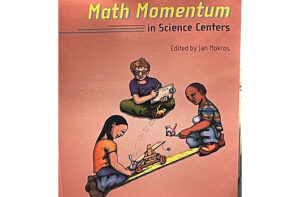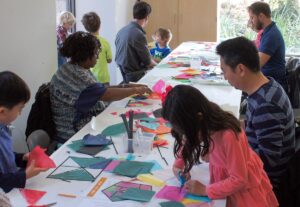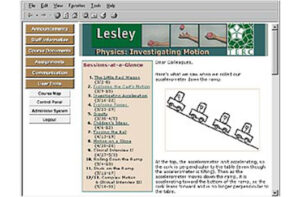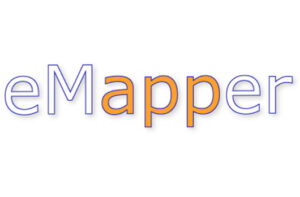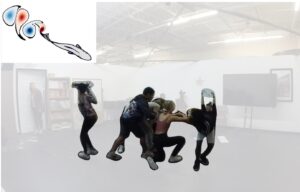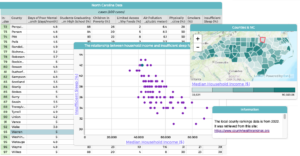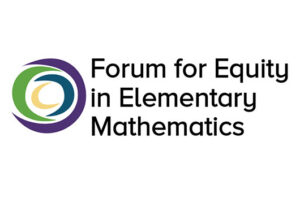Math, Spatial Reasoning, and Computational Thinking through Making (MPACT)
MPACT brings 3D design, making, and printing to students in four states, with a focus on rural areas, in service of learning mathematics, spatial reasoning, and computational thinking.
Lead Staff:
Jennifer KnudsenProject Staff:
Teresa Lara-MeloyKen Rafanan
Rachel Hayes
Summary
The MPACT project promises to better prepare rural middle school youth for future work through creative STEM-rich activities in design and making. MPACT’s hands-on, minds-on projects engage students in using low-tech and high-tech materials—everything from quick-drying clay to 3D printers—in the service of learning mathematics and computer science.
MPACT’s ChallengesToo few students see the relevance of STEM in their daily lives or their futures. Students need to learn more about 3D modeling and printing, a growing field of work. Teachers need support in building projects and career awareness into the school day while still addressing content standards.
MPACT’s SolutionsStudents learn to design and fabricate beautiful, useful objects while learning mathematics and computer science aligned with grades 4–7 standards. Students engage in 3D modeling with a CAD and printing used in the burgeoning additive manufacturing industry. Carefully sequenced classroom materials engage students in workplace-based design projects. Targeted teacher professional development provides teachers with the knowledge and skills they need. Industry mentors give students advice about their design and about the workplace.
ImpactStudents throughout four states—WV, CA, NC, SC—gain access to meaningful technology use, workplace skills, and STEM learning. Many schools have 3D printers gathering dust somewhere, with no curriculum designed to use them. MPACT gives teachers a reason to use this technology of today and the future.
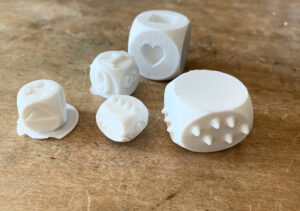
The study presented here is supported by the Office of Elementary and Secondary Education (OESE), U.S. Department of Education, through Grant U411C180070 to SRI International. The federal grant provides $3,926,461, or 90% of the total project funds. Ten percent of project funds are provided by additional generous donors. The opinions expressed are those of the authors and do not necessarily represent the official views of, nor an endorsement, by OESE, the U.S. Department of Education, or our other donors.

The MPACT project promises to better prepare rural middle school youth for future work through creative STEM-rich activities in design and making. MPACT’s hands-on, minds-on projects engage students in using low-tech and high-tech materials—everything from quick-drying clay to 3D printers—in the service of learning mathematics and computer science.
Too few students see the relevance of STEM in their daily lives or their futures. Students need to learn more about 3D modeling and printing, a growing field of work. Teachers need support in building projects and career awareness into the school day while still addressing content standards.
MPACT’s SolutionsStudents learn to design and fabricate beautiful, useful objects while learning mathematics and computer science aligned with grades 4–7 standards. Students engage in 3D modeling with a CAD and printing used in the burgeoning additive manufacturing industry. Carefully sequenced classroom materials engage students in workplace-based design projects. Targeted teacher professional development provides teachers with the knowledge and skills they need. Industry mentors give students advice about their design and about the workplace.
ImpactStudents throughout four states—WV, CA, NC, SC—gain access to meaningful technology use, workplace skills, and STEM learning. Many schools have 3D printers gathering dust somewhere, with no curriculum designed to use them. MPACT gives teachers a reason to use this technology of today and the future.

The study presented here is supported by the Office of Elementary and Secondary Education (OESE), U.S. Department of Education, through Grant U411C180070 to SRI International. The federal grant provides $3,926,461, or 90% of the total project funds. Ten percent of project funds are provided by additional generous donors. The opinions expressed are those of the authors and do not necessarily represent the official views of, nor an endorsement, by OESE, the U.S. Department of Education, or our other donors.
Students learn to design and fabricate beautiful, useful objects while learning mathematics and computer science aligned with grades 4–7 standards. Students engage in 3D modeling with a CAD and printing used in the burgeoning additive manufacturing industry. Carefully sequenced classroom materials engage students in workplace-based design projects. Targeted teacher professional development provides teachers with the knowledge and skills they need. Industry mentors give students advice about their design and about the workplace.
Students throughout four states—WV, CA, NC, SC—gain access to meaningful technology use, workplace skills, and STEM learning. Many schools have 3D printers gathering dust somewhere, with no curriculum designed to use them. MPACT gives teachers a reason to use this technology of today and the future.

The study presented here is supported by the Office of Elementary and Secondary Education (OESE), U.S. Department of Education, through Grant U411C180070 to SRI International. The federal grant provides $3,926,461, or 90% of the total project funds. Ten percent of project funds are provided by additional generous donors. The opinions expressed are those of the authors and do not necessarily represent the official views of, nor an endorsement, by OESE, the U.S. Department of Education, or our other donors.
The study presented here is supported by the Office of Elementary and Secondary Education (OESE), U.S. Department of Education, through Grant U411C180070 to SRI International. The federal grant provides $3,926,461, or 90% of the total project funds. Ten percent of project funds are provided by additional generous donors. The opinions expressed are those of the authors and do not necessarily represent the official views of, nor an endorsement, by OESE, the U.S. Department of Education, or our other donors.
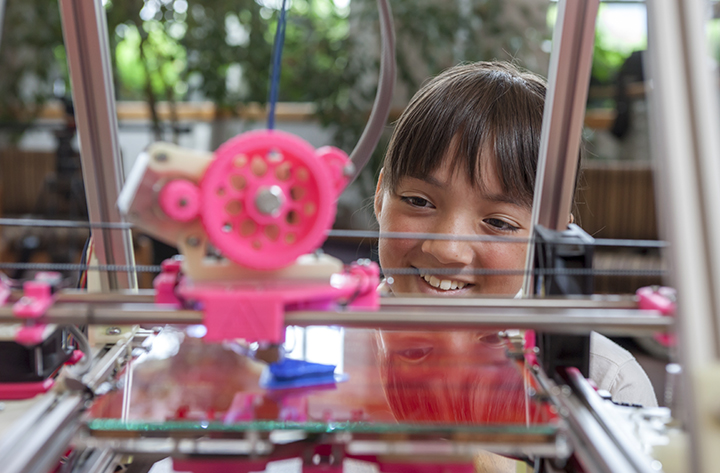
Funder:
US Department of Education
Award Number:
U411C180070
SRI International, Mathematics Education Group
Dates:9/2018 – 8/2023
Share This Page:
